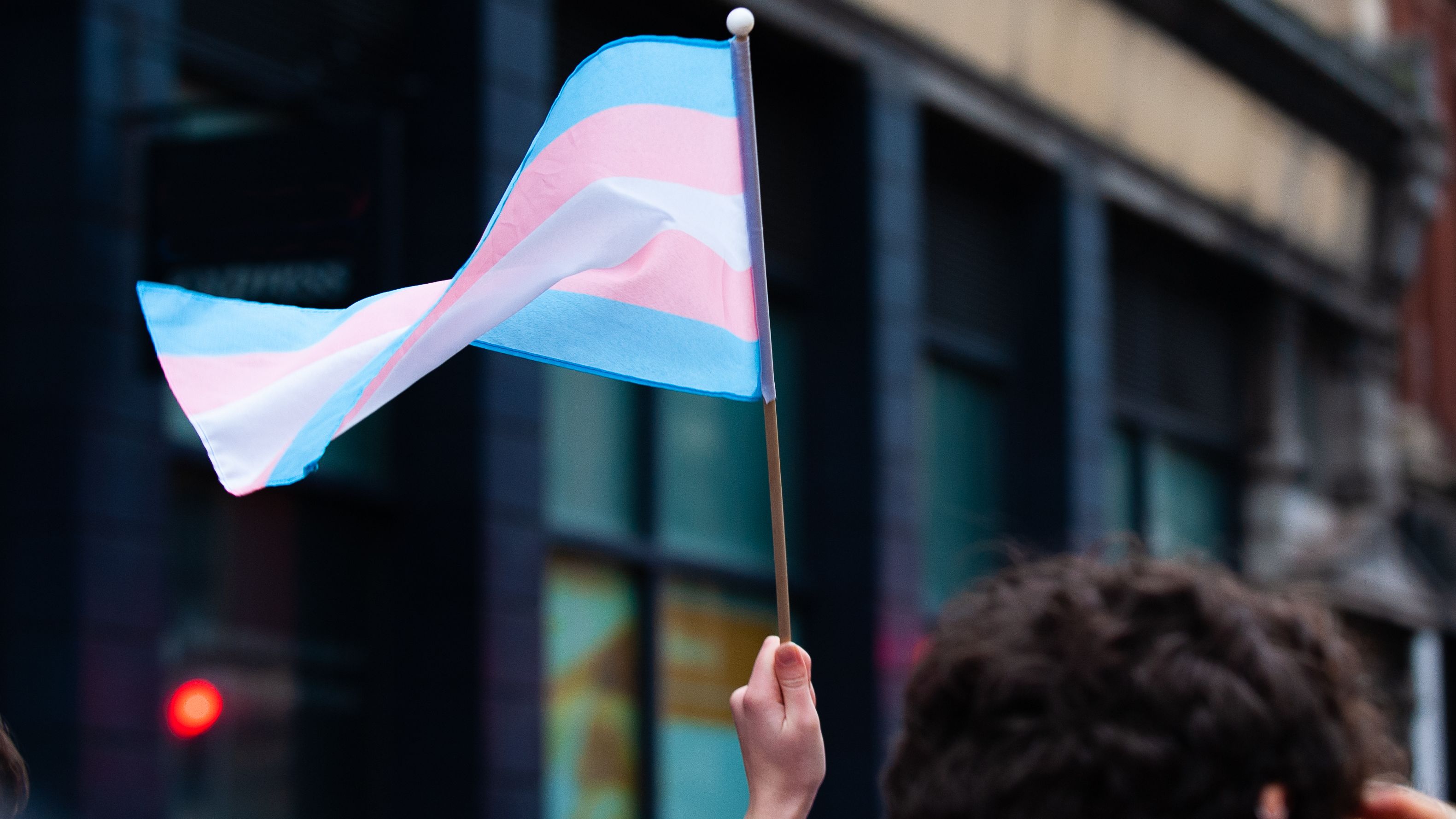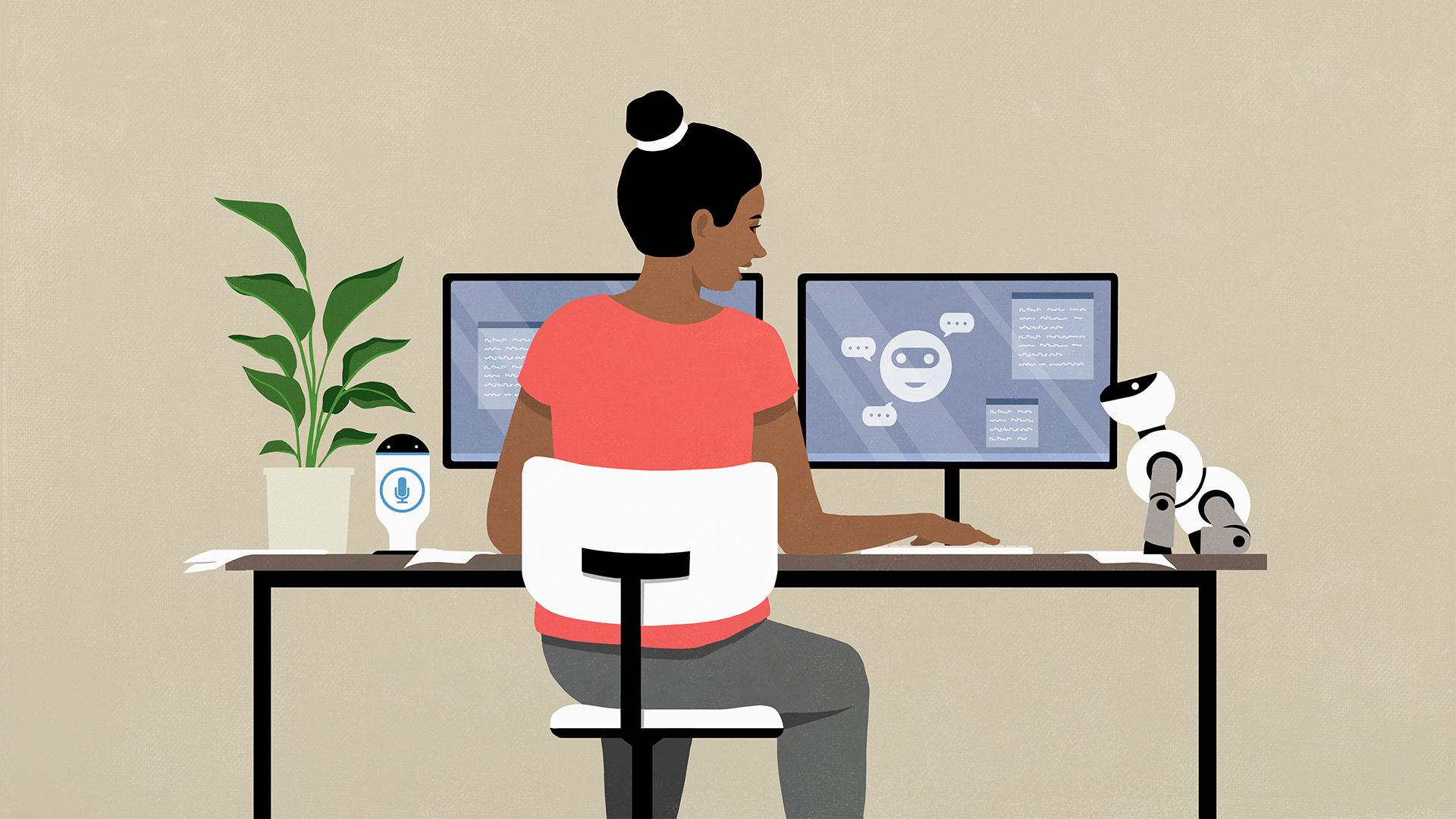Virgin Media O2 to fund employee gender transition
The telecom has announced its first diversity, equity, and inclusion (DE&I) strategy since the Virgin Media and O2 officially merged in 2021


Virgin Media O2 has announced plans for a “comprehensive package of support” for transgender and non-binary employees that will include the company funding gender transition treatment, estimated to cost around £20,000.
The company already provides Bupa private healthcare for its staff, as well as access to Healthy Minds, a 24/7 psychological helpline.
The latest commitment is part of the telecom’s first joint diversity, equity, and inclusion (DE&I) strategy since the two companies officially merged in 2021.
Known as All In, the DE&I strategy sets four goals that are to be achieved by 2027. This includes equal gender representation in Virgin Media O2’s senior leadership team, out of which 15% need to constitute ethnic minority employees. According to recent findings from the Tech London Advocates network, three-quarters of London’s tech companies have almost no BIPOC representation on their senior leadership teams, with the lack of diversity potentially costing the UK tech sector its world-leading position.
Virgin Media O2’s DE&I strategy also aims to ensure that minority ethnic groups will make up a quarter of the company’s wider organisation, which in turn will also reflect “all gender identities and expressions” as part of “progress for gender parity”.
Commenting on the announcement, Virgin Media O2 chief people officer Philipp Wohland said that the All In strategy will see the creation of a “more inclusive and equitable company” for employees and customers alike.
“Virgin Media O2’s purpose is to upgrade the UK; that’s not just through our leading products and services, it’s also by the type of company we want to be and the role we play in society,” he added.
Get the ITPro daily newsletter
Sign up today and you will receive a free copy of our Future Focus 2025 report - the leading guidance on AI, cybersecurity and other IT challenges as per 700+ senior executives
To facilitate a more inclusive work environment, the telecom is also rolling out a two-hour employee training session led by Equity Sequence.
This is despite warnings from experts that anti-bias training, especially in such a brief session, is ineffective in increasing diversity and inclusion in the workplace.
“The idea that somebody can come into a company, spend two hours with an organisation, and change everybody's actions is just bizarre. It does not happen,” London School of Economics professor Dr Grace Lordan told attendees of the Tech for D&Iversity event on 31 March 2022.
Having only graduated from City University in 2019, Sabina has already demonstrated her abilities as a keen writer and effective journalist. Currently a content writer for Drapers, Sabina spent a number of years writing for ITPro, specialising in networking and telecommunications, as well as charting the efforts of technology companies to improve their inclusion and diversity strategies, a topic close to her heart.
Sabina has also held a number of editorial roles at Harper's Bazaar, Cube Collective, and HighClouds.
-
 Cleo attack victim list grows as Hertz confirms customer data stolen
Cleo attack victim list grows as Hertz confirms customer data stolenNews Hertz has confirmed it suffered a data breach as a result of the Cleo zero-day vulnerability in late 2024, with the car rental giant warning that customer data was stolen.
By Ross Kelly
-
 Lateral moves in tech: Why leaders should support employee mobility
Lateral moves in tech: Why leaders should support employee mobilityIn-depth Encouraging staff to switch roles can have long-term benefits for skills in the tech sector
By Keri Allan
-
 Women show more team spirit when it comes to cybersecurity, yet they're still missing out on opportunities
Women show more team spirit when it comes to cybersecurity, yet they're still missing out on opportunitiesNews While they're more likely to believe that responsibility should be shared, women are less likely to get the necessary training
By Emma Woollacott
-
 Employees want purpose, and they’re willing to quit to find it – upskilling, career growth, and work-life balance have shifted priorities for workers
Employees want purpose, and they’re willing to quit to find it – upskilling, career growth, and work-life balance have shifted priorities for workersNews Employees want purpose and meaning at work — and if they don't get it, two thirds would quit to find it.
By Nicole Kobie
-
 Imposter syndrome is pushing women out of tech
Imposter syndrome is pushing women out of techNews Men have dominated the tech space, though some evidence suggests that it's beginning to change
By George Fitzmaurice
-
 DEI rollbacks could exacerbate tech talent shortages – nearly half of recruitment leaders worry diversity cuts will impact their company’s appeal and employee retention
DEI rollbacks could exacerbate tech talent shortages – nearly half of recruitment leaders worry diversity cuts will impact their company’s appeal and employee retentionNews Finding talent with AI skills has already become a major challenge for enterprises, but with some enterprises shelving DEI hiring practices, research suggests the situation could get worse.
By Emma Woollacott
-
 Women in tech think the industry has changed for the better, but there’s still more work to be done
Women in tech think the industry has changed for the better, but there’s still more work to be doneNews 84% of female tech leaders in the US believe the industry has changed for the better, but lingering issues still persist.
By Nicole Kobie
-
 Tech firms eye temps to plug talent gaps
Tech firms eye temps to plug talent gapsNews The tech industry could be set for a spike in temporary hiring, according to a new study from recruitment firm Robert Walters.
By George Fitzmaurice
-
 Businesses know they have major skills deficits, but less than half plan on hiring more women
Businesses know they have major skills deficits, but less than half plan on hiring more womenNews Male IT leaders remain complacent about gender diversity despite widespread skills shortages
By Emma Woollacott
-
 IDC InfoBrief: Sustainability doesn’t need to be all stick and no carrot
IDC InfoBrief: Sustainability doesn’t need to be all stick and no carrotwhitepaper CIOs are facing two conflicting strategic imperatives
By ITPro